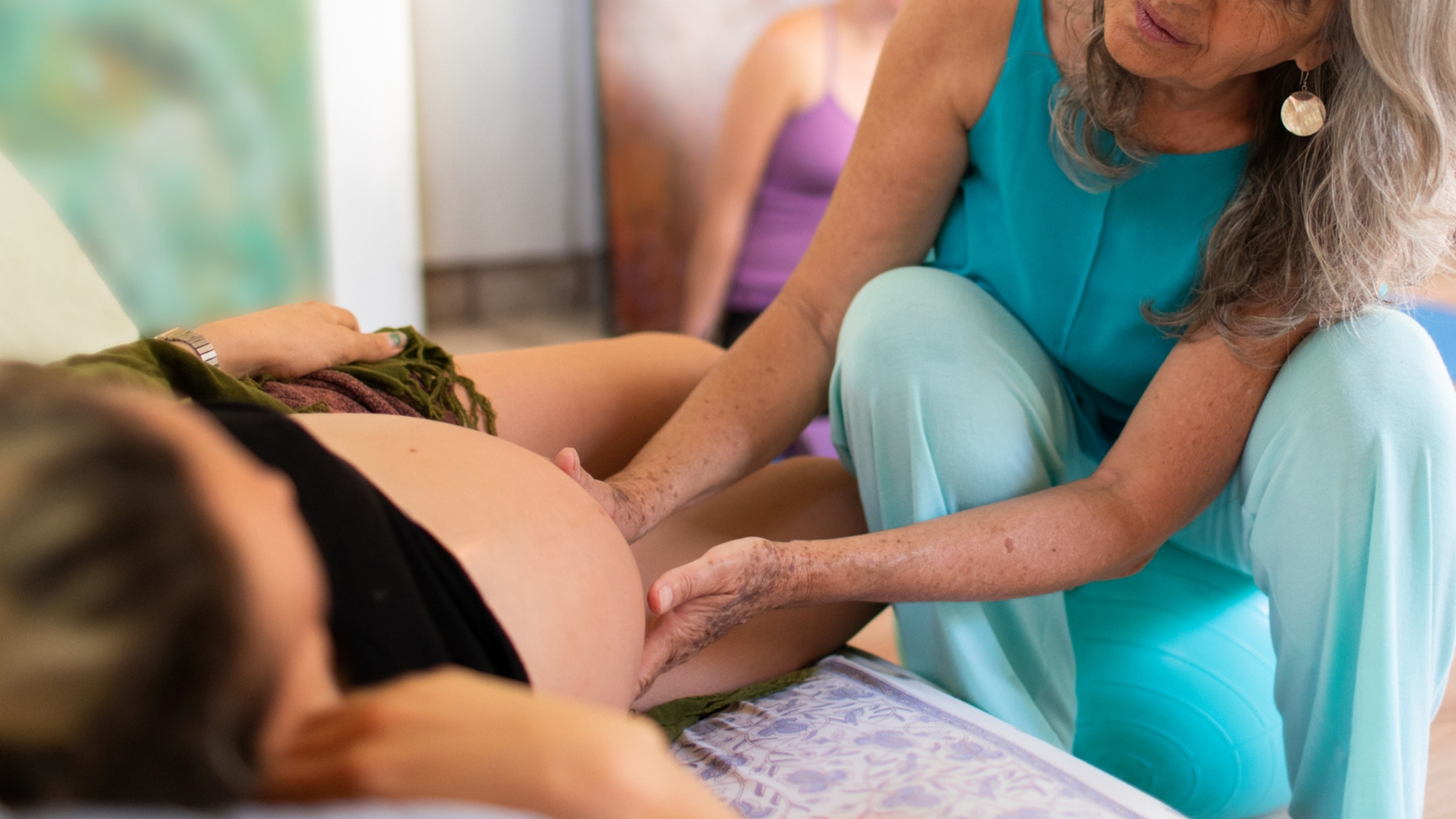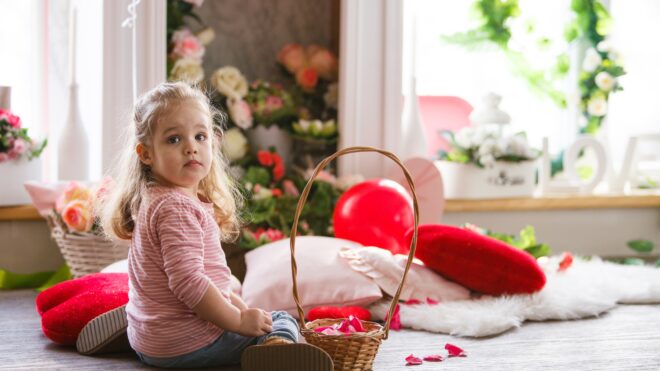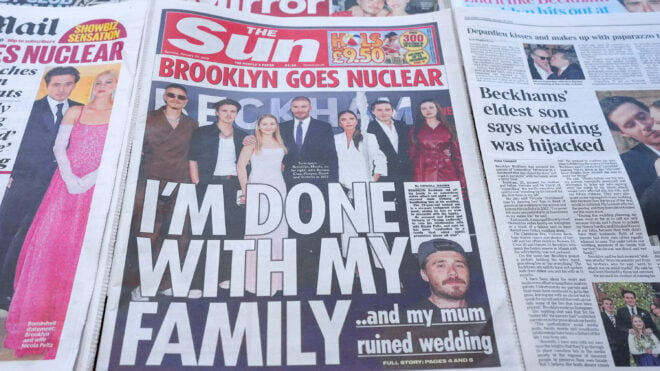
During the 2020 health crisis, a lot of parents' ideas of how their child would be born quickly changed. Some women had to welcome their babies into the world without a birth partner, which is a daunting experience.
Corie Adjmi was one of the people whose families were affected by the new hospital rules surrounding COVID-19. Her daughter was pregnant with her first child when everything changed. By May 2020, the New York family noted that Governor Andrew Cuomo deemed doulas essential workers.
Corie decided then that she wanted to be there for her grandchild's birth, and this would be the way how. Corie wrote about the experience recently in a beautiful essay. Now she's sharing her story with LittleThings.
Corie Adjmi was thrilled to find out her daughter was pregnant. COVID-19 changed a lot for the family quickly, however.
"My daughter, Rachel, got pregnant in April 2020 just as [New York] Governor Cuomo issued an executive order requiring hospitals in New York to allow women in labor to be accompanied in the delivery room with an essential support person," Corie explained.
Corie talked things over with Rachel. She'd been there for her first birth, and she wanted to recreate that special moment the second time around.
"Rachel really wanted me to be with her. And I wanted to be there too," Corie explained.
"I was with her during the birth of her first child, and it was a special time, one of support, bonding, and comfort. I knew my role in the delivery room was important, and it didn't seem right that she go through delivery without a support person."
Corie didn't know how to quantify that different feeling, however.
"What a mother does, or what a doula does, is different than what a spouse might do," she said.
"All three have a necessary place; they are just different."
As far as logistics went, it seemed the only way she could be by Rachel's side was if she was doing it in a professional manner.
"I completed an intense online training course. It took place over three days, 9 a.m. to 7 p.m.," she said.
"There was much reading to do and videos to watch. I had some previous experience in delivery rooms, and I had to get a doctor's recommendation letter confirming that I was valuable, competent, and professional in those instances. I also had to get notes from the birth mothers. Lastly, there were tests to take, a multiple-choice test and an essay exam."
There were some things that Corie learned during the process of becoming a doula that challenged her to keep her mom hat separate from her doula hat.
"As an individual, I can have my own beliefs, preferences, or opinions. As a doula, I must keep my opinions about getting an epidural or breastfeeding, for example, to myself," she said.
"In my role as doula, keeping that boundary is important, as doulas are there to educate and then encourage mothers to advocate for themselves."
Corie's experience wasn't under the easiest circumstances. Still, it was a valuable one that she cherished. She hopes this is the beginning of a bigger journey rather than a few instances.
"Absolutely, I would do it again!" she said.
"I went through the steps of certification because this work is meaningful to me. It's been a sort of calling, even before I got certified. Empowering and supporting women brings me so much joy!"
The process of welcoming life into the world looks different for different families. For Corie, Rachel, and their family, this doula certification was the right decision. Today, many more women throughout the world are choosing some kind of birth counsel for additional support during that miraculous time.







